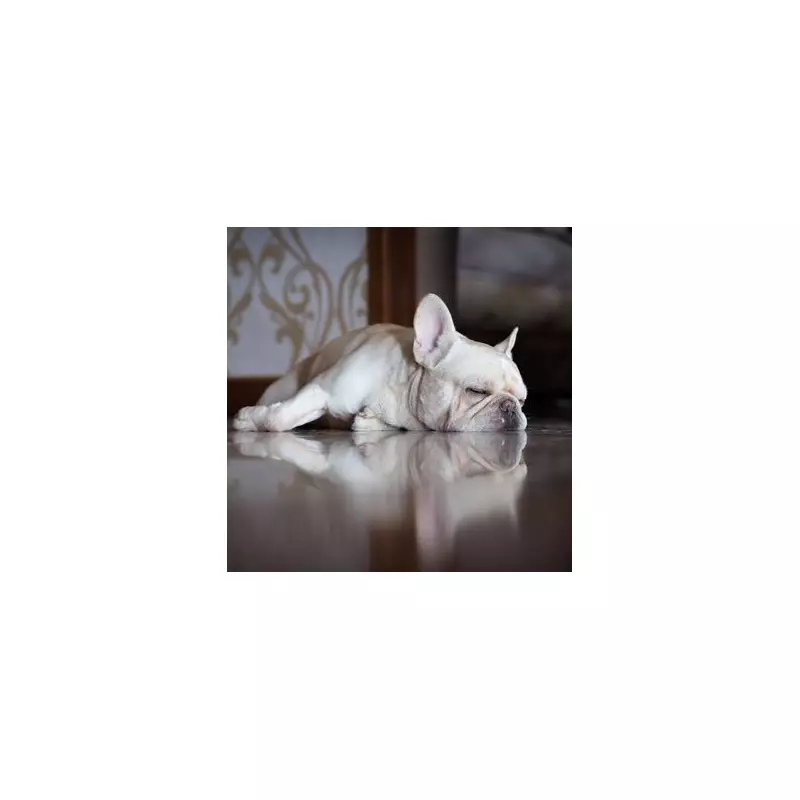
Choosing the right dog breed is a big decision, and sometimes, even the most adorable pups come with hidden challenges. A vet has shared their honest opinion on five dog breeds they would never own – and their reasons might surprise you.
1. The Flat-Faced Breeds: Breathing Troubles Ahead
Breeds like Pugs and French Bulldogs may be Instagram favourites, but their cute squished faces come at a cost. "These brachycephalic breeds often struggle with breathing difficulties," the vet explains. "Many require expensive surgeries just to help them breathe normally."
2. The Giant Breeds: Short Lives, Big Problems
While Great Danes and Saint Bernards might seem like gentle giants, their size leads to significant health issues. "Their average lifespan is heartbreakingly short," says the vet. "Joint problems and heart conditions are common, leading to high vet bills and emotional strain."
3. The Ultra-Tiny Dogs: Fragility Concerns
Teacup breeds might fit in a handbag, but their miniature size creates major health risks. "These dogs are prone to fractures, dental issues, and hypoglycemia," the vet warns. "Their fragility makes them particularly unsuitable for families with children."
4. The High-Maintenance Coats: Grooming Nightmares
Breeds like the Komondor or Old English Sheepdog might look distinctive, but their coats require serious commitment. "Unless you're prepared for daily grooming sessions and professional care, these breeds can develop painful matting and skin issues," the vet advises.
5. The Working Dogs Without Jobs
Border Collies and Australian Shepherds are brilliant – and that's the problem. "These highly intelligent breeds need constant mental stimulation," the vet explains. "Without proper outlets, they often develop destructive behaviours from sheer boredom."
While every dog deserves love, being aware of breed-specific challenges helps potential owners make informed decisions. "It's not about good or bad breeds," the vet concludes, "but about matching lifestyles and commitment levels to a dog's needs."





